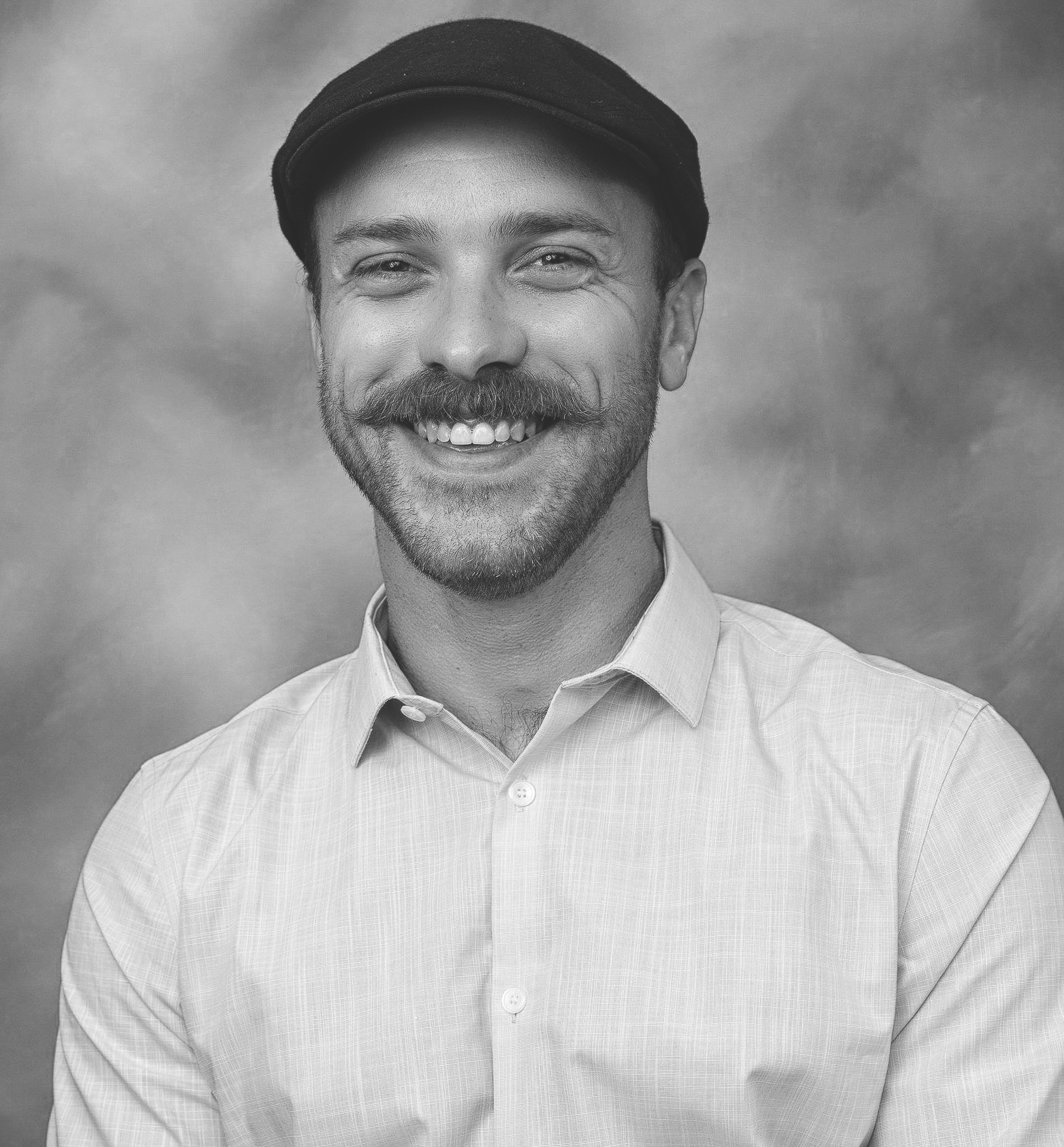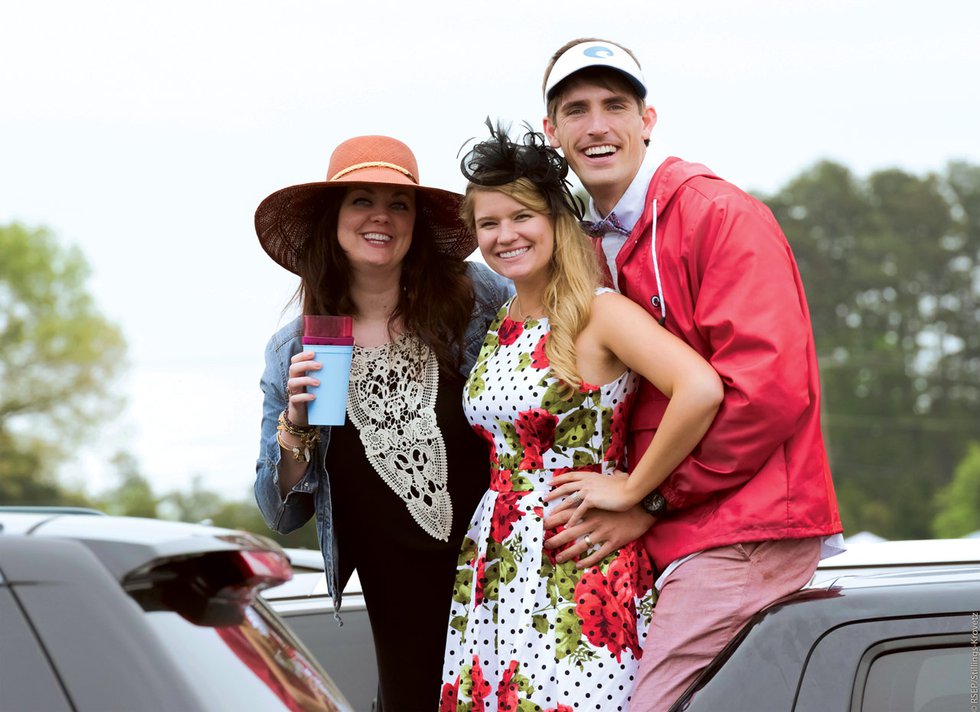Roanoke’s two-time New York Times best-selling author talks about her latest book, Truevine

Author Beth Macy
After the success of her 2014 New York Times bestseller Factory Man, Roanoke Times reporter Beth Macy set her sights on a local legend she’d been longing for more than 30 years to investigate. Wielding her newfound noteability, Macy tracked down the relatives of George and Willie Muse, unearthing the true tale of the brothers’ early 20th century kidnapping. African American albinos with pale skin, liquescent blue eyes and blond hair, the brothers, aged 6 and 9, were abducted from a Roanoke-area tobacco field by a sideshow bounty hunter and sold to circus impresario Al G. Barnes. Told for years that their mother had died, the brothers performed in a sideshow act in Ringling Brothers and Barnum and Bailey circuses under the name of “Eko and Iko, the Ecuadorian Savages.” Nearly 15 years later, their mother recognized her boys while attending a circus in Roanoke and subsequntly sued to have them freed.
Described by Kirkus Reviews as a “first-rate journey into human trafficking, slavery and familial bonding,” Macy’s Truevine proves another engrossing example of the author’s ability to transform regional folklore into a captivating universal drama.
Hoping to learn more about her process, we reached out to Macy in a recent interview.
You recently told an NPR reporter the story you depicted in Truevine was one you first heard when you moved to Roanoke some 30 years ago. Did the story stick with you through all those years? Was it something you always hoped to write about?
There’s almost no time in my career when I wasn’t at least thinking about this story. I was shot down the first time I asked to write it by the brothers’ caregiver and the story’s gatekeeper, Nancy Saunders, who said recently that I wasn’t “ready.” She meant that I didn’t yet understand the complexities of Jim Crow in such a way that would allow me to tell an honest, respectful account, nor did I fully understand the sins of my journalistic forebears, who wrote about the brothers often but never once from their point of view. She’s probably right about my not being ready—she usually is.
I did a food feature instead on Nancy’s restaurant, The Goody Shop, in the early 1990s, and later she told me she’d let me write about George and Willie Muse after Willie (who was then in his 90s) passed away. A newspaper co-writer and I wrote a four-part serial narrative about their lives after Willie died in 2001. I didn’t know then that I’d be writing books now. I had young kids at the time and a challenging newspaper reporting job, plus I was teaching writing classes at night.
After I wrote Factory Man, I wanted to write another book, and seeing someone had posted a picture of the Muse brothers on Facebook and it was shared thousands of times, my husband suggested I write about them.
So I went back to Nancy and asked for her permission to tell her uncles’ story as a book. By that point, we knew each other pretty well. I’d been to her restaurant many times, as a customer and eventually as a friend. Nancy had become one of my “story beacons” in the community, someone I called upon to help me navigate stories throughout the years.
This book had to percolate for a quarter century. It wouldn’t exist if I had moved to another community. As a white person trying to tell this story, it took a long time to really earn her trust, and for me to understand what it was that I hadn’t really understood the first time I walked through the Goody Shop doors.
What was the allure of this story? I mean, out of the myriad historical tales Virginia has to offer, why this one in particular?

Little, Brown & Co., Oct. 2016
You can talk to just about anyone who’s black and over the age of 60 in this part of Virginia,and they would have grown up hearing the story of George and Willie Muse’s kidnapping relayed almost as a cautionary tale: “Y’all stick together when you go to the fair/circus/festival, or you might be snatched up like the Muse brothers.” It was a powerful piece of folklore shared often in the region’s black community—but no one really knew if it was true or not.
Divining the truth from the lore was challenging, given that the story was never fully recorded. So this is a book about historical erasure as much as it is about this strange, outlier tale. It’s a shocking yarn, but you can use it to illuminate the very raw and very true aftermath of slavery and Jim Crow. I liked the challenge of drawing a line from America’s original sin to today’s fractured race relations through this one family’s journey.
With the publication of Factory Man, you were catapulted into the national limelight. How has the book’s success changed your life?
Truthfully, the biggest change has been my soaring dog kennel bill! I travel a lot for speaking and promotional engagements now, and I’m lucky that my husband (who teaches online) can often accompany me. It takes me away from reporting more than I’d like, but I love meeting and interacting with readers. As of this fall, our kids are both in college, so book-touring has been a balm for the empty nest blues.
Both your books feature legendary local figures. What is it about these stories that attracts you and why do you think they’re important to tell?
Like Factory Man, this book centers on a person who has wrongly been underestimated: A black mother, who was illiterate and worked as a maid, and was discounted at every turn during the harshest years of Jim Crow—and yet she prevailed. She won justice for her family by subverting the system. She was way more badass than I initially understood. As Nancy told me after she read my account of Harriett’s fight: “I lost track of how many times she took those circus men to court. If she was like that back then, with no education, just think what she’d be like today. She was bad.”
There’s nothing like a good underdog story. People who hold people in power accountable and speak truth when others are content to let injustice slide—they deserve to be celebrated.
What’s next for Beth Macy?
I’m working on a book about the opioid and heroin epidemic, national in scope but heavily centered in Virginia. I think of it as a kind of “Factory Man,” part two, in that the epidemic hotspots tend to be areas where the jobs have gone offshore. I would love to find some heroes. IntrepidPaperGirl.com









